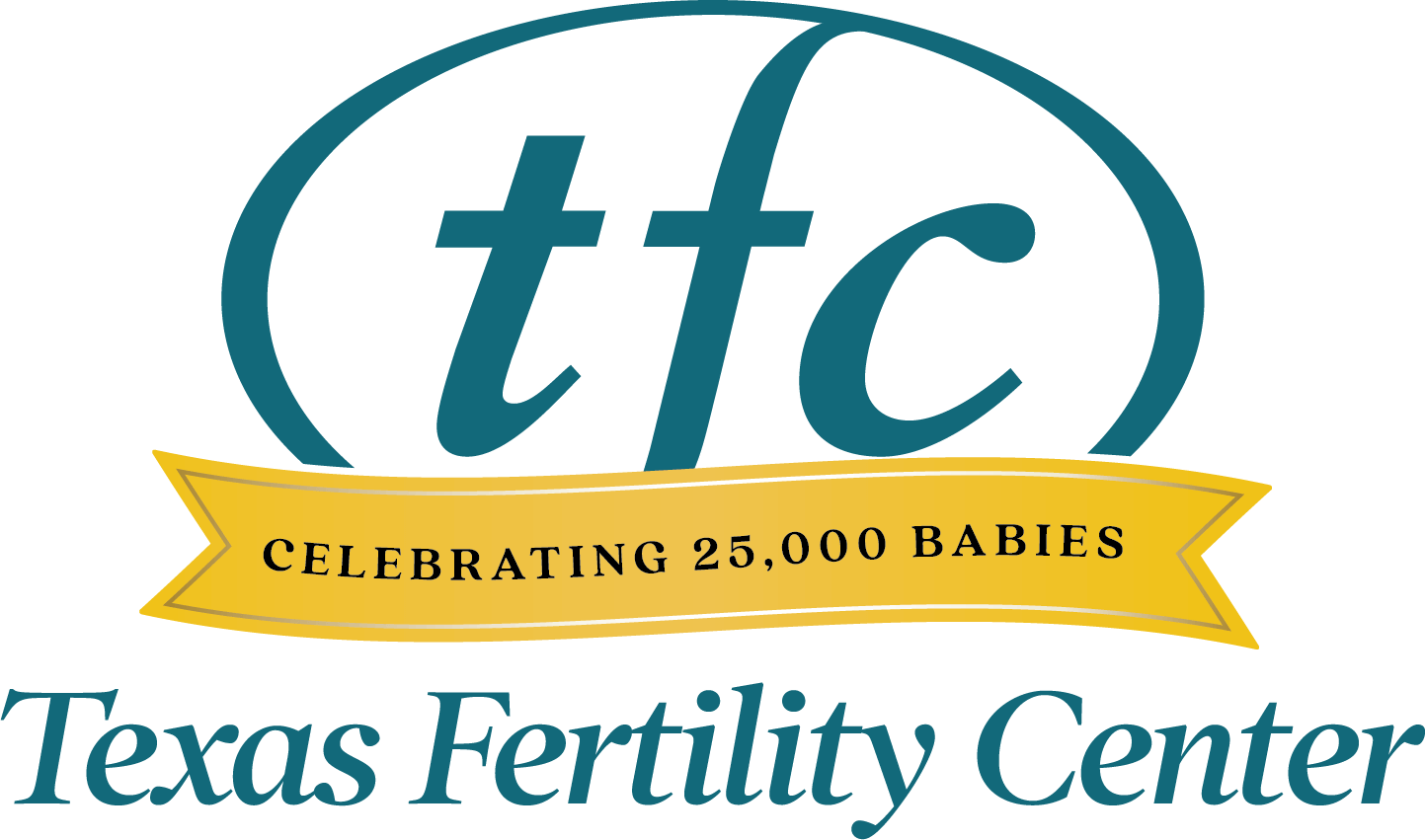
Endometriosis treatment and infertility at Texas Fertility Center New Braunfels
As you will discover when you meet with Dr. Susan Hudson and Texas Fertility Center New Braunfels, endometriosis affects 5 million to 6 million women in the United States. For those who suffer from a severe case, infertility issues are common.
30 to 50 percent of women with infertility are diagnosed with endometriosis
Endometriosis is an excessive growth of cells that make up the lining of the uterus, called the endometrium. This tissue grows along the outside of the uterus, ovaries and tubes, and even on the bladder or intestines. Similar to how the endometrial tissue inside the uterus responds to menstrual cycle hormones, the endometrial tissue outside of the uterus will swell, thicken and shed. Unfortunately, in these cases, the blood that sheds has no place to go and can result in inflammation and scar tissue. This scar tissue can block the fallopian tubes or interfere with ovulation. Ovarian cysts, called endometriomas, may also interfere with follicular development.
Fertility treatments for affected women
Although it is chronic, there are many treatment options for endometriosis and the pain and infertility it can cause. Dr. Hudson at Texas Fertility Center of New Braunfels can discuss the best infertility treatment options for you, including medical therapies or laparoscopy.
Laparoscopy is a minimally invasive, outpatient surgical procedure that allows Dr. Hudson to identify the endometriosis and frequently treat it at the same time. Using a thin telescope-like instrument (the laparoscope) inserted into a small incision at the navel, Dr. Hudson can locate any scar tissue or adhesions and remove them during the actual procedure. The patient can usually go home the same day and quickly return to normal activities.
Rating endometriosis and the chances for pregnancy
While performing the laparoscopy, Dr. Hudson will also be able to identify the severity of the endometriosis and determine the chances for a successful future pregnancy. Using a scoring system, Dr. Hudson can rate whether endometriosis is considered minimal (Stage 1), mild (Stage 2), moderate (Stage 3), or severe (Stage 4).
In the case of a minimal or mild rating, removing or destroying endometriosis can increase fertility chances. With more advanced endometriosis, a laparoscopy to remove endometriosis may increase fertility rates and your chances of getting pregnant, but additional surgery to restore your normal pelvic anatomy may also be recommended.
Dr. Hudson can discuss fertility treatment options with you and make recommendations that are tailored to your individual needs. To learn more or to schedule a consultation with Dr. Hudson at Texas Fertility Center New Braunfels, contact us today.



